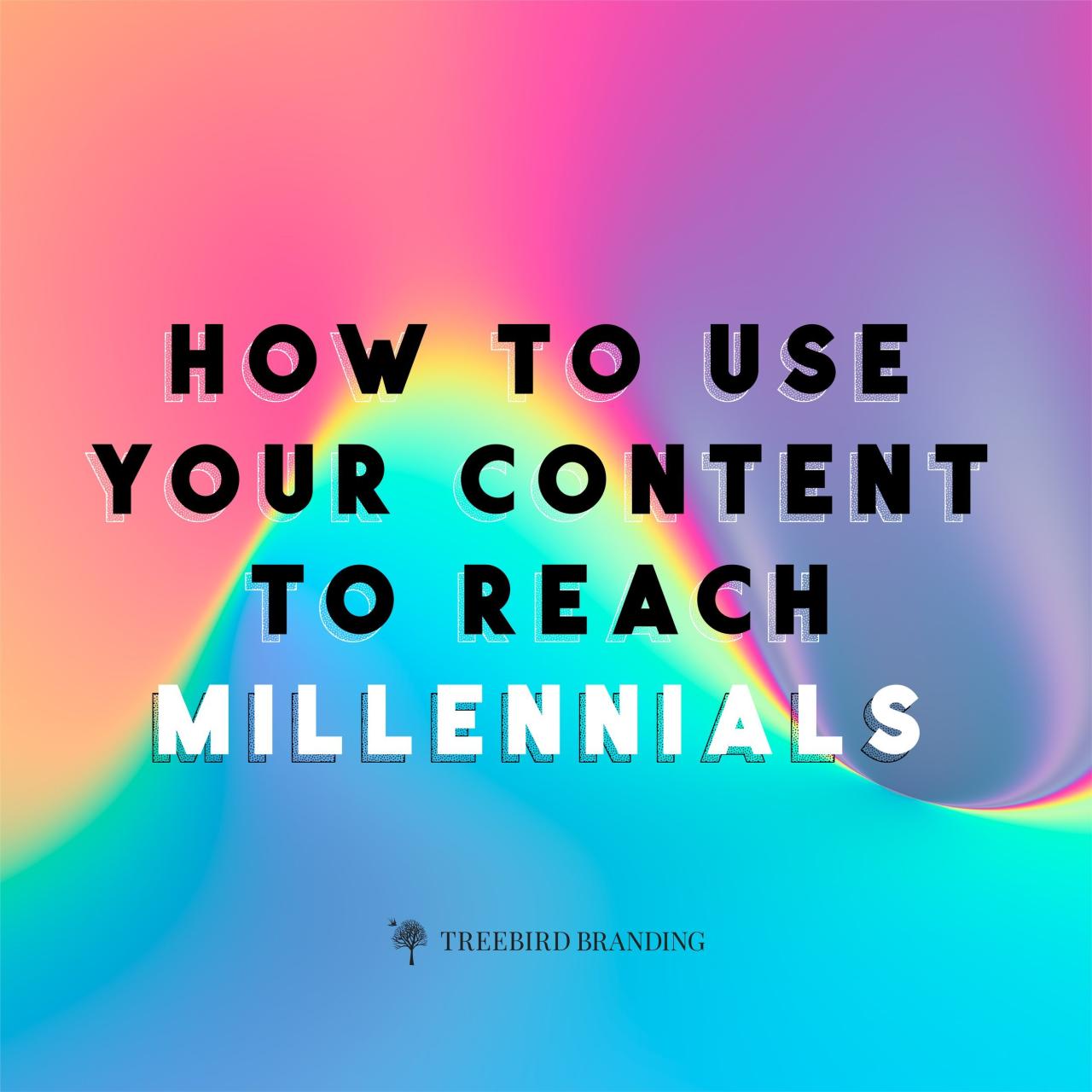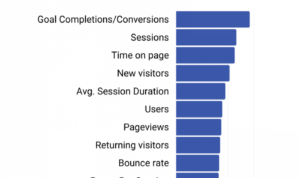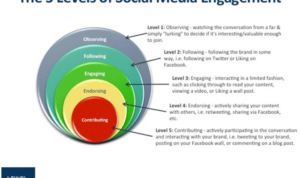Creating Content for Millennials sets the stage for a deep dive into connecting with the tech-savvy and trend-setting generation, offering insights and strategies that resonate with their unique preferences. Get ready to unlock the secrets to capturing their attention and loyalty in the digital landscape.
Understanding Millennials
Millennials, also known as Generation Y, are individuals born between 1981 and 1996. They are known for their tech-savvy nature, social activism, and desire for authentic and relatable content. Millennials value experiences over material possessions and seek content that resonates with their values and beliefs.
Characteristics and Preferences
- Millennials prefer authenticity and transparency in content, gravitating towards brands that align with their values.
- They consume content on multiple devices, with mobile phones being their primary choice for accessing information.
- Millennials enjoy interactive and personalized content that allows them to engage and share with their peers.
Content Consumption Behavior
- Millennials have shorter attention spans and prefer bite-sized content like videos, memes, and infographics.
- They are active on social media platforms like Instagram, Snapchat, and TikTok, where visual and engaging content performs well.
- Peer recommendations, user-generated content, and influencer collaborations heavily influence their content choices.
Tailoring Content for Millennials

Creating content tailored for millennials requires a deep understanding of their preferences and behaviors. Authenticity is key, as millennials can easily spot inauthentic marketing tactics. Successful content strategies often involve storytelling, user-generated content, and leveraging humor and pop culture references.
Examples of Successful Strategies
- Dove’s “Real Beauty” campaign focused on body positivity and self-acceptance resonated with millennials and sparked conversations on social media.
- BuzzFeed’s relatable quizzes and listicles cater to millennials’ desire for interactive and shareable content.
- Netflix’s social media engagement through memes and pop culture references keeps millennials entertained and connected to the brand.
Incorporating Humor and Pop Culture
- Humor is a powerful tool to engage millennials, but it should be relevant and culturally sensitive to avoid backlash.
- Using memes and pop culture references can make content more relatable and shareable among millennials.
- Staying updated on current trends and viral content helps in creating relevant and timely content for millennials.
Choosing the Right Platforms

To effectively reach millennials, content creators need to leverage the platforms where this demographic is most active. Social media platforms like Instagram, YouTube, and TikTok are popular among millennials for content consumption. Video content, blogs, podcasts, and visually appealing graphics play a crucial role in capturing and retaining millennials’ attention.
Optimizing Content for Mobile
- Mobile optimization is essential for reaching millennials, as they heavily rely on their smartphones for accessing content.
- Creating responsive designs and mobile-friendly formats ensures a seamless user experience for millennials on the go.
- Utilizing vertical video formats and easy-to-read typography enhances the mobile viewing experience for millennials.
Incorporating User-Generated Content: Creating Content For Millennials
User-generated content (UGC) plays a significant role in engaging millennials, as they trust peer recommendations and authentic experiences. Encouraging UGC through contests, challenges, and interactive campaigns can boost brand engagement and loyalty among millennials. Collaborating with influencers who resonate with the millennial audience can also amplify reach and credibility.
Impact of Influencer Collaborations, Creating Content for Millennials
- Influencers have a strong influence on millennials’ purchasing decisions and content choices, making collaborations a valuable strategy for brands.
- Authenticity and alignment with influencer values are crucial for successful collaborations that resonate with the millennial audience.
- Influencer partnerships can help brands reach new audiences and establish credibility within the millennial demographic.





